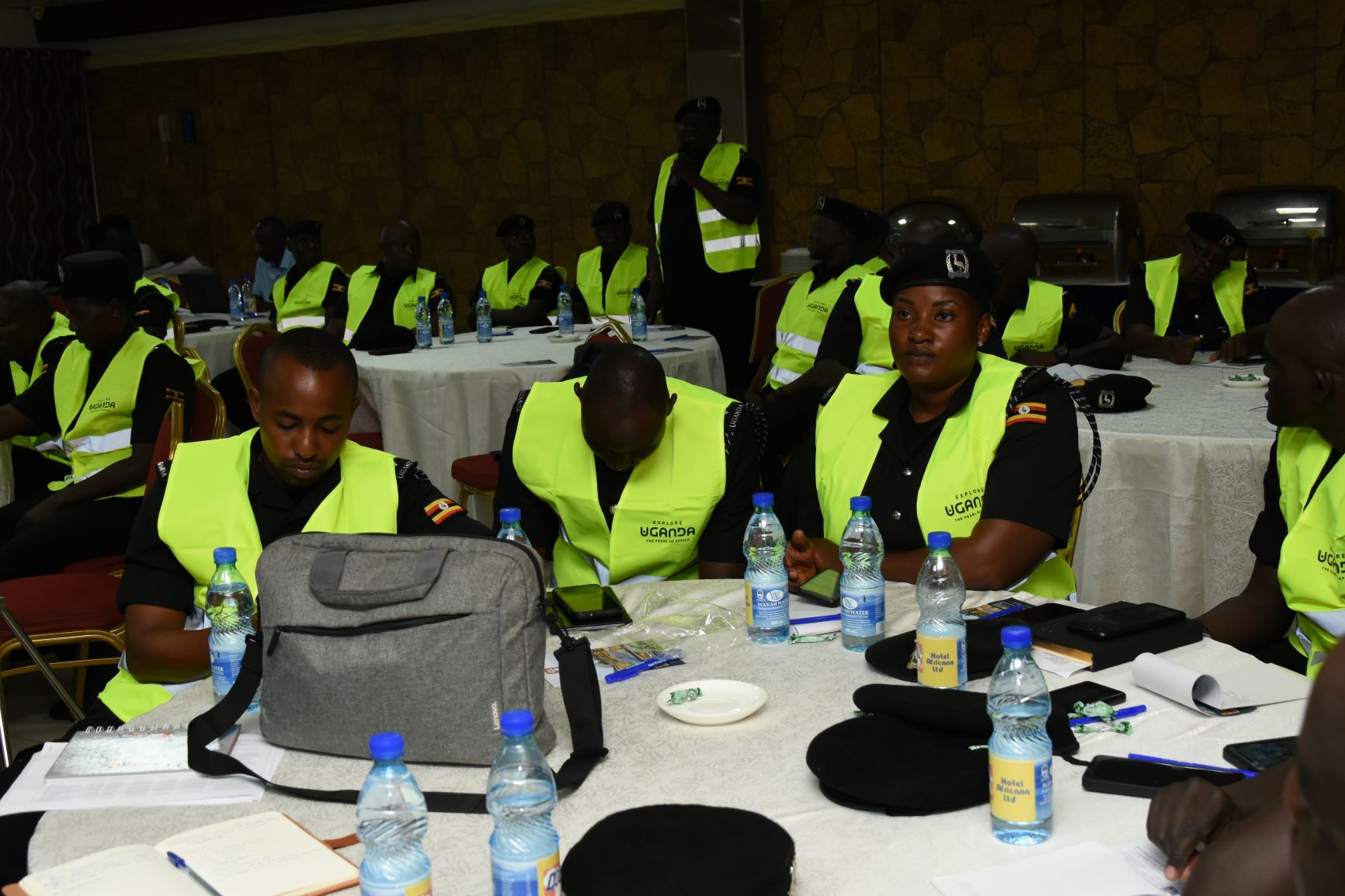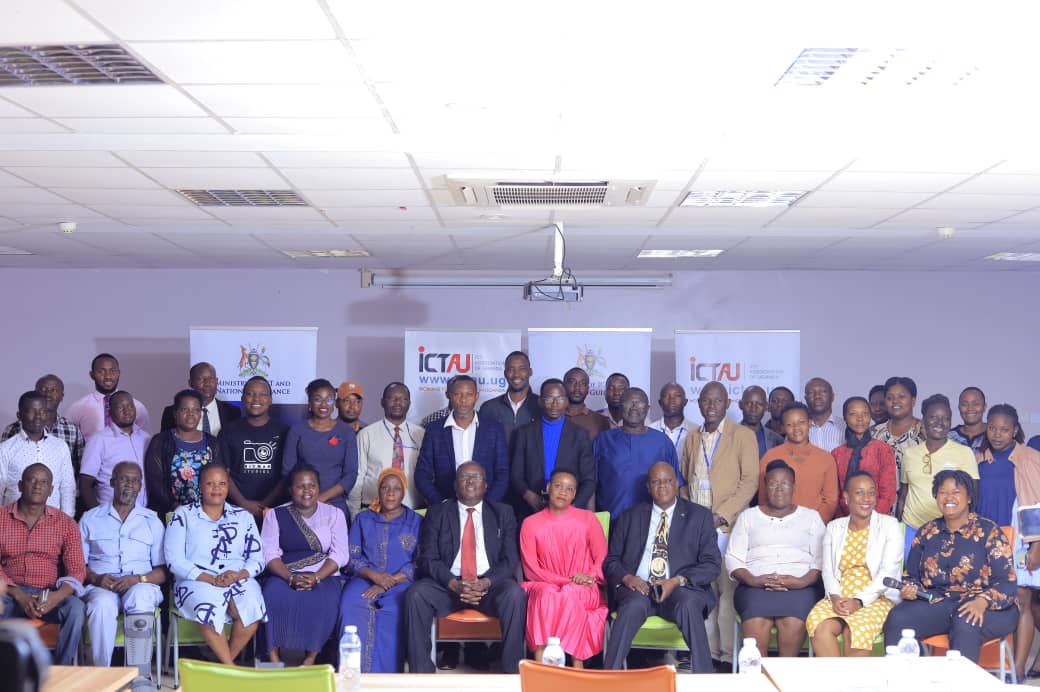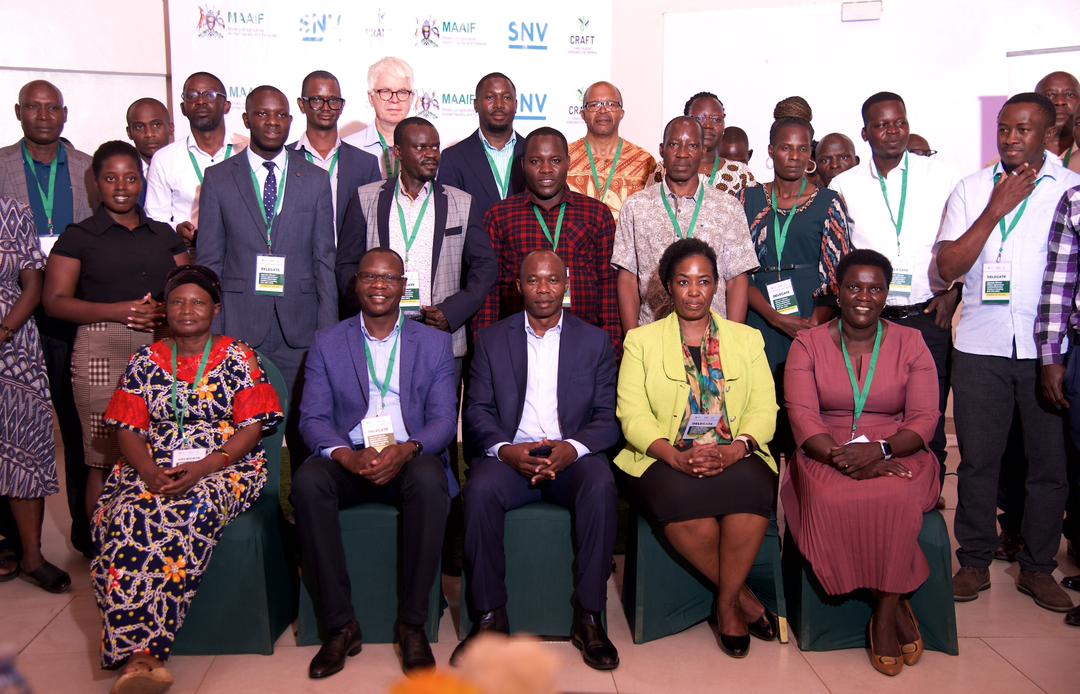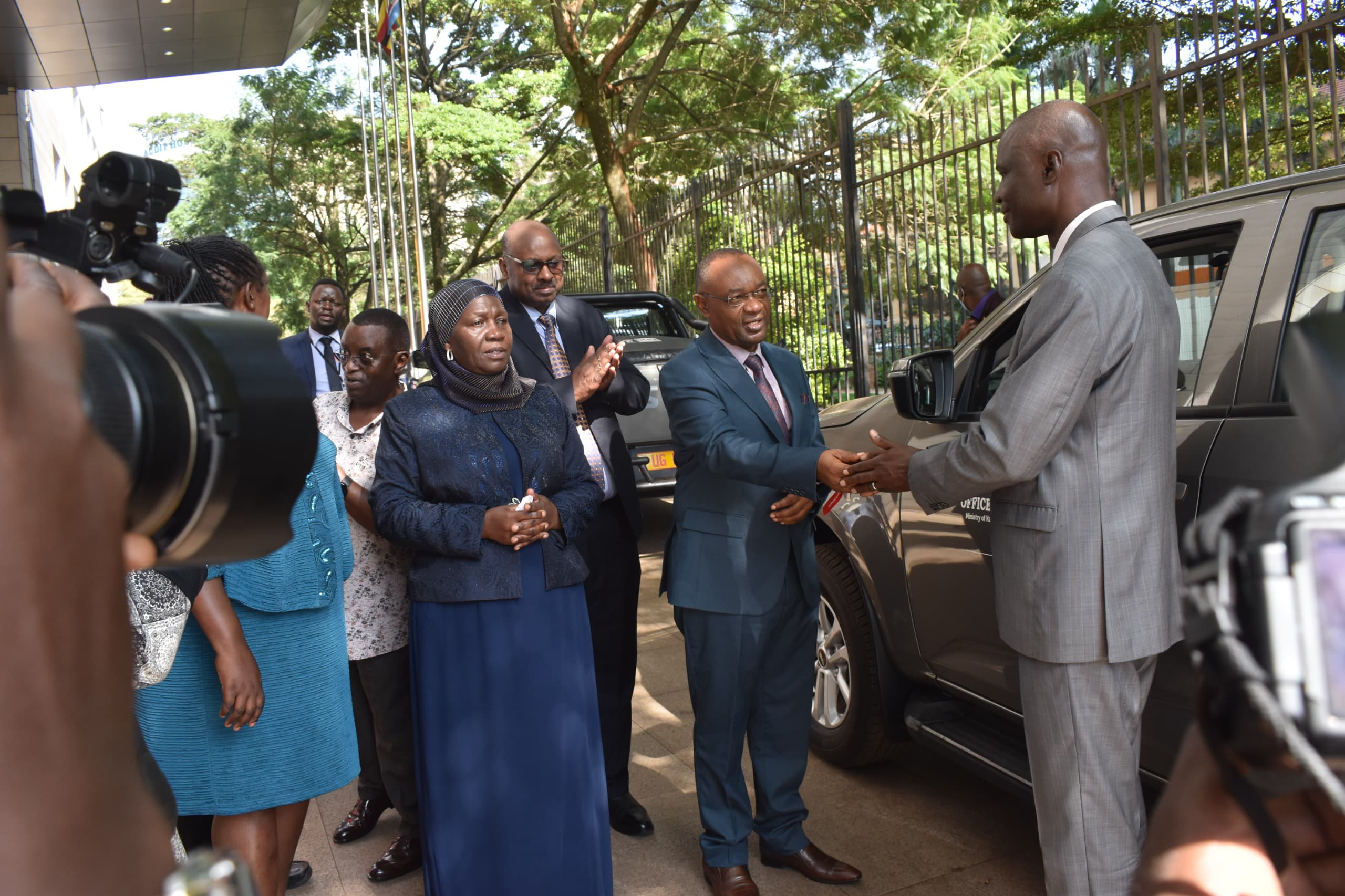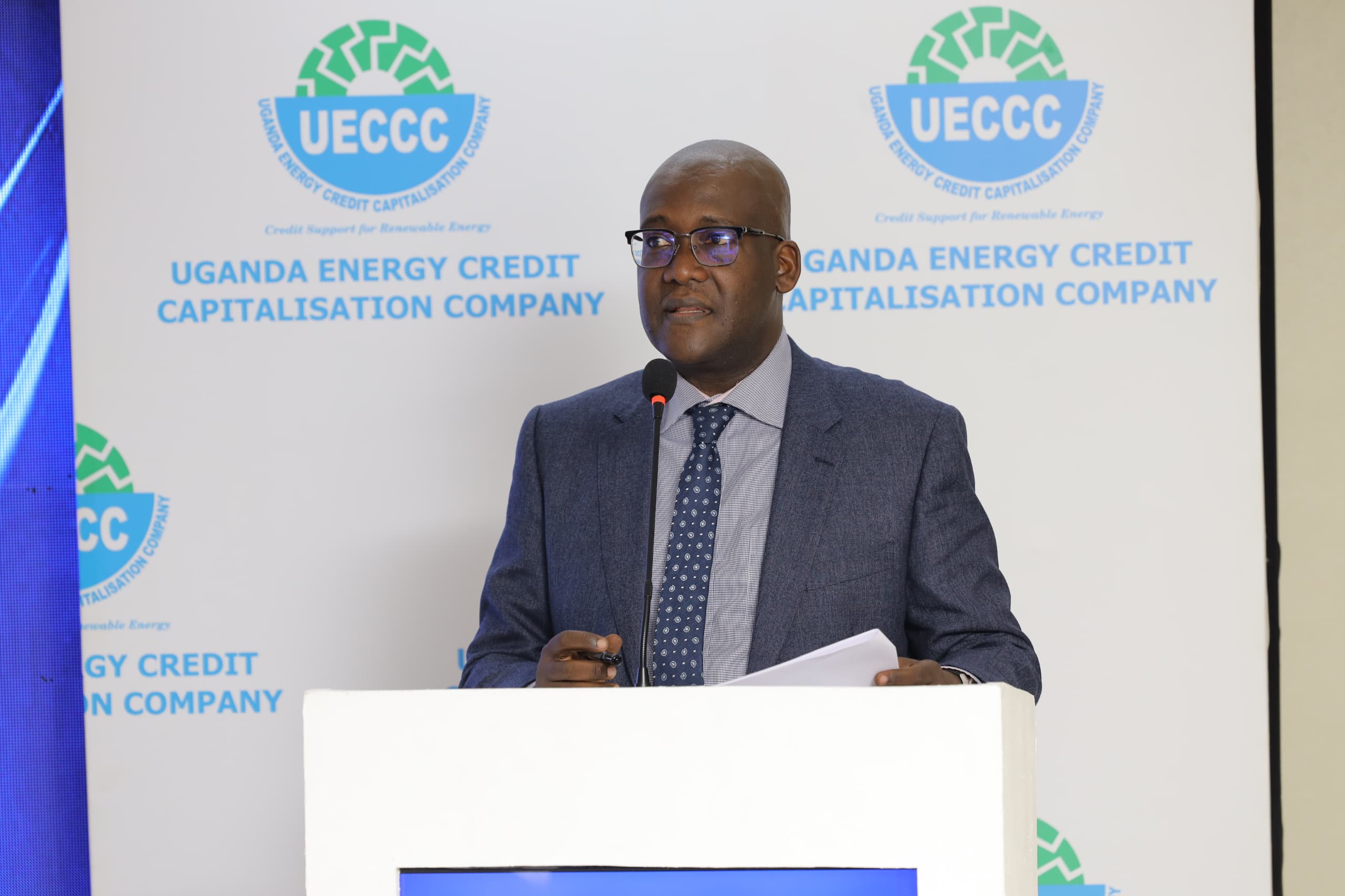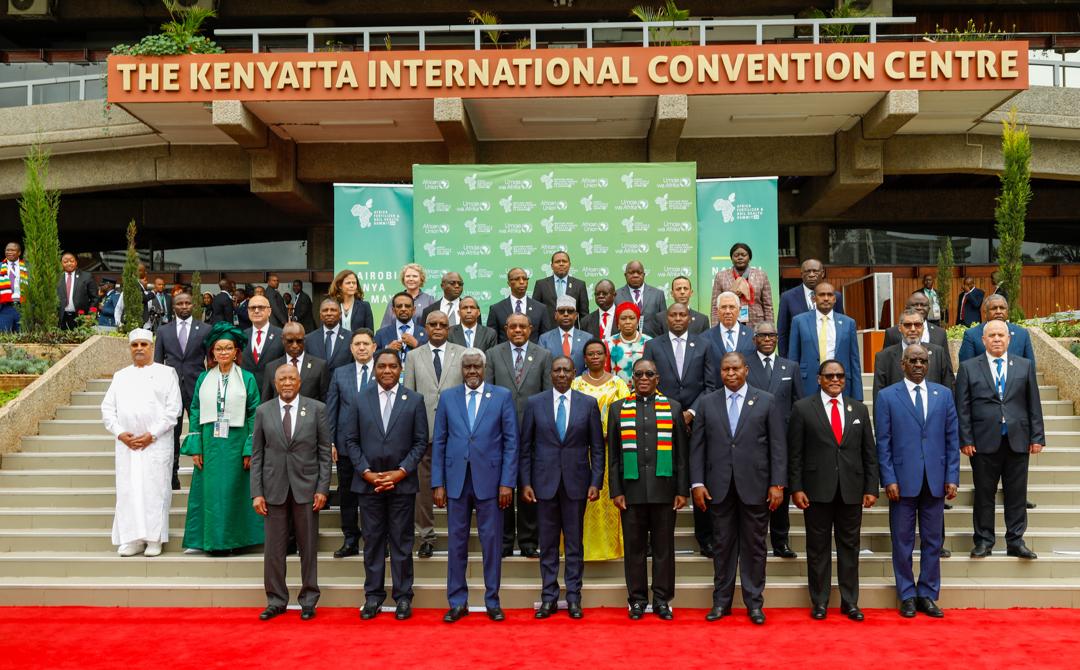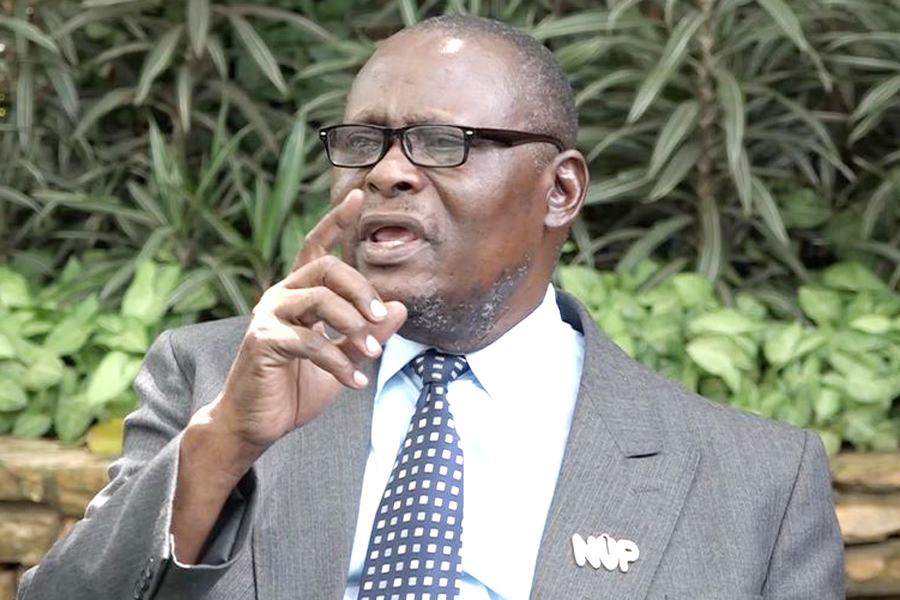Remembering the future: Writers reflect on Ugandan culture in changing times
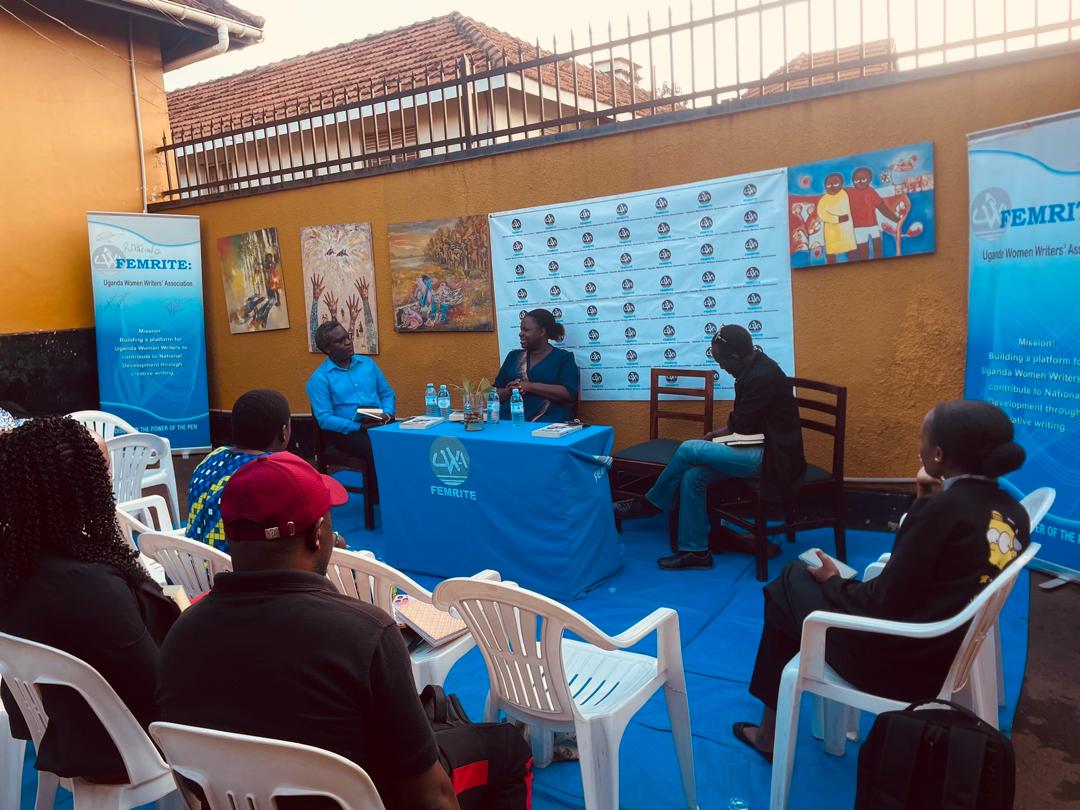
It was an evening of exchanging views on Monday as writers exchanged views but also reflected on Ugandan culture in changing times at the FEMRITE Courtyard in Bukoto.
Keep Reading
- > UTB trains Police officers on enforcing standards in tourism sector
- > Gov't urges private sector to embrace ICT in implementing BPO strategy
- > Gov't promises support as Blockchain Association of Uganda changes leadership
- > New Agriculture Ministry, SNV initiative to coordinate efforts to combat climate change
This was during the review of the book “Remembering the Future” an anthology by different Ugandan writers, notable among them, Joachim Buwembo, Caroline Ariba, Linda Orando, Wobusobozi Amooti Kangere, Regina Asinde and A.K. Kaiza and edited by Christopher Conte with Hilda Twongyeirwe.
Regina Asinde described it as conversation between two spiritual worlds.
“This is right with African culture as is with Christianity. You believe and believe but you don’t question. It is the mater of choosing the poison you prefer. It is not really about freedom per say although there is semblance of freedom,” Asinde said.
 The book which was being reviewed.
The book which was being reviewed.
She explained that on many occasions, Christianity and African culture insist on one having total faith in their teachings without questioning.
“Take an example of Christianity and Islam. If for example go for an event, the Muslim part of it says you can’t eat chicken when it has not been slaughtered by a Muslim but on the other side, the born again says why should a Muslim slaughter it and dedicate it to their God. This is the same with African culture and Christianity or Islam”
Describing it as a ‘poison” Asinde said one must choose the poison they prefer.
“When it comes to spirituality and things that matter and you are not on same page, you have to make a choice. When it comes to spirituality and things that matter and you are not on same page, you have to make a choice.
”K. Kaiza, a writer and critic said Africans are traditionalists but said they should have their own space.
“We are traditionalists already. There is something you can’t run away from. We worship religion in different ways. If you go to an art gallery you are worshipping religion in another way. However, one problem we have faced is that colonialism alienated us from our own religion. Colonialism told us we didn’t exist and so it tried to construct us which they did very well and you can see we speak their language,” Kaiza said.
“In all this, colonialism took away what belonged to us. It made us hate our own cultures which is bad. The earlier we realise this, the better.”
According to Hilda Twongyeirwe, the Executive Director of FEMRITE, the readers writers’ club sits every Monday evening at their offices to facilitate writing and sharing of ideas of writers.
She said every last month of the week, the club celebrates an outstanding book.
“We do this because we don’t have so many writers’ spaces in the country. We no longer have many public libraries and the few can’t host these programs. We do this to provide space for authors to have conversations so that people get to know what is being written about, which books are coming out, who is writing, what are they writing about and for others to be inspired to think about their own things they can write about,” Twongyeirwe said.
The FEMRITE Executive Director however opined that it not true that Ugandans have a poor reading culture as many allude to.
“What we need to understanding is what they are reading and why they are not reading what we need them to read. For instance, we need them to read Ugandan authors but why are they not doing so? Also, the issue of colonialism is real. People don’t know that we have very good Ugandan authors because we have grown up not reading and the biggest reading space is schools and the books there are not Ugandan. It can’t occur to an ordinary person to pick a Ugandan book.”
Twongyeirwe insisted that Ugandans ought to engage with local authors since what they write is the own story, reflecting their own community stories.
“For government, we need more of Ugandan books on the curriculum. School is the main reading place because you won’t find Uganda books on the UK curriculum, why then do we have non-Ugandan books on the Ugandan curriculum? We need government to recognize Ugandan writers and their books by creating a section of Uganda literature on the syllabus so that children grow up knowing their writers.”
Additional reporting by Thomas Kitimbo


